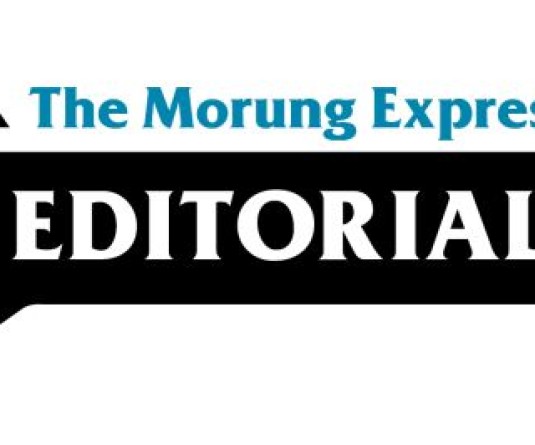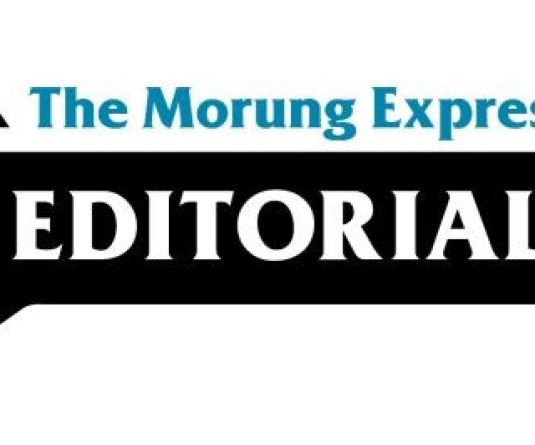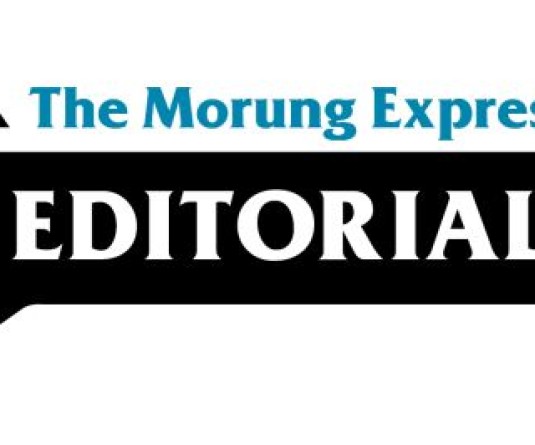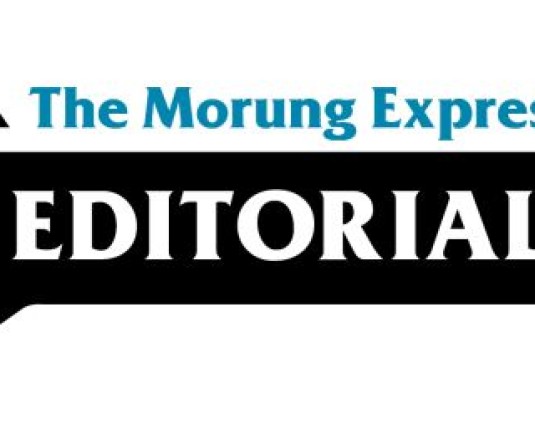
Aheli Moitra
Galileo presents a surprising paradox in characterizing sets. While the concepts of ‘less’, ‘equal’ or ‘large’ apply to finite sets, or finite possibilities, this inverts itself when presented with an infinite set. In a finite set, a part of a whole cannot be larger than the whole. When possibilities are infinite, a part of the whole could be larger than the whole. If you are confused, you ought to be. It’s a paradox.
When one wins, a set always seems infinite. Today, the local boys (supporters) who cheered and jeered like each had won probably saw infinite characterized possibilities: contracts, wayward cash for five years, backdoor appointments and whatnot. Obviously, this is an illusion that makes election so large that everything else becomes a mirage. Reality is the run-up to the election. Here are two images.
A neighbour, not so far away, had a dreadful month. She, along with her two kids, left her husband’s house following an informal divorce. Before she moves into her new rented apartment, alimony needs to be settled. Education for her children and house rent are priorities on the alimony list. But negotiations have been unable to move forward. Both her parents and his remained too busy with the election process to take time out for all the children concerned. With no one to pay rent for the rented house, the neighbour is now stuck. She moved into her sister’s cluttered apartment earlier this month.
From this temporal space, her elder child goes to school and her younger one drools.
Cut to: a scene from Dimapur on February 23, polling day. Polling has already started at a station. A woman, like some others, picks a corner and stands there. In her clutched fist, she has a bunch of voter ID slips. The slips are all genuine and belong to her family members; the slips almost as demoralized as her thanks to the sweat dripping off her palm. Her family is poor and has not been on the political party radar. With genuine voter ID slips, she could win back the situation by selling the family’s best asset before polling ends at 4 pm.
For the next five years, she will use only such methods to earn a livelihood and provide for the family.
Election is king here. It has postponed pertinent family issues, carved out opportunity niches and pumped adrenaline. For supporters, there’s a clear, perhaps temporary, win. Who comes to power, though, will have no bearing on the aforesaid neighbour’s life or how alimony is settled. It might change the way she finds herself rehabilitated by the state in the next 10 years, but there is hardly hope for that.
As for the poor family, the election will have a direct effect. Only, they will not know that the simple act of selling their vote, a result of their helplessness, led to a change in their variables. A change that will always remain beyond their control.
If elections, as well as the cabinet-to-be, are looked at from a lens of finite possibilities and options, the above situations will remain just that. Small figments, lesser than the “whole” of democratic politics. The minor events that shape our lives will stagnate at a level which we cannot fathom to take control of; the election always most significant. Our lives and narratives, insignificant.
The election, when unaffected by all this, digs its own finite grave.
It is significant to remember Galileo’s paradox here. When the possibility of politics is seen from the whole of electoral practice, there is little hope. The paradox is a frame of reference through which we, the people, could become larger than the projected whole—by breaking out of a mould that makes finite sets of us. Not just larger, but anything we want to be. It is through this freedom that we, the people, can take control of politics. It is in questioning these finite sets, questioning structures that ignore personal stories, that infinite space can be explored.






